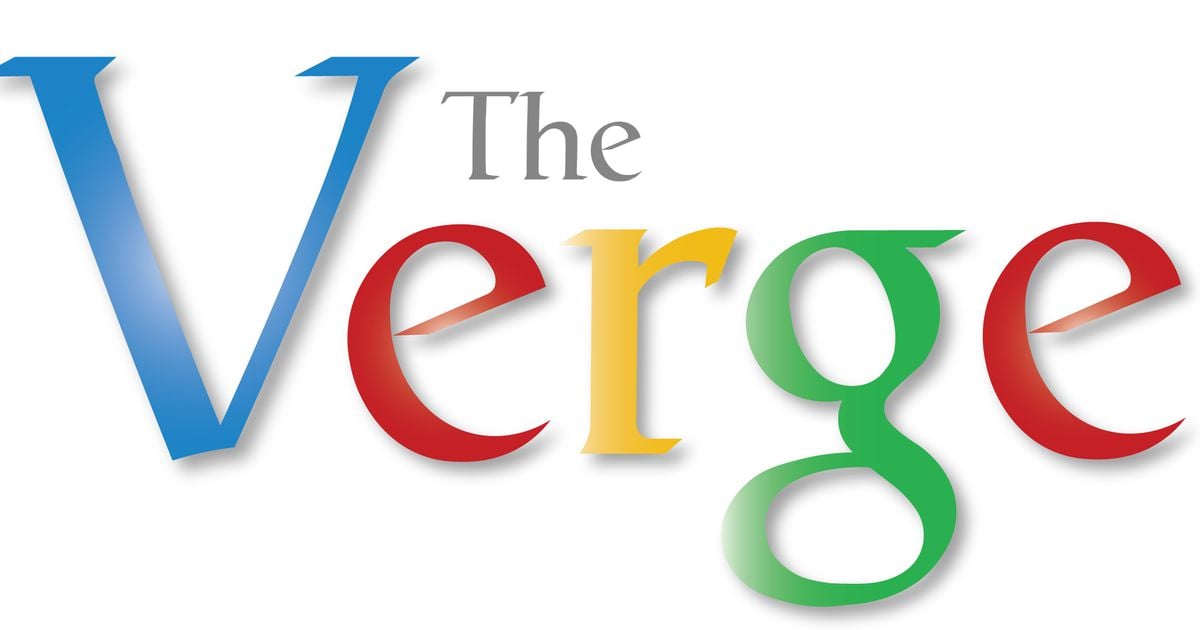When Gmail first appeared in 2004, the idea of having what seemed like a never-ending space for email was revolutionary. Most paid services were providing a few megabytes of space, and here came Google promising a full gigabyte (which, at the time, seemed huge) for free.
Over the years, however, Gmail has added a plethora of features that it touts as “improvements” but some of them are irritating. Worse, it looks for ads for things that it will never need and sticks them at the top of email list.
Back in the dark ages before Gmail, Yahoo Mail, and other free cloud-based apps, most email happened either via paid services or inside of walled gardens. In the former, you paid a service provider for an email account and downloaded your email into an app that only lived on your computer — an app with a name like Pine, Eudora, Pegasus Mail, or Thunderbird.
For the most part, nobody was scanning your email to find out the last time you bought shoes, or whether you were shopping for car insurance, or that you had recently been buying gifts for a relative’s new baby. Nobody was taking that information and selling it to vendors so they could drop ads into your email lists or surprise you with additional promotional messages. Your email lived on your computer alone. Once it was downloaded and erased from the server, it was just yours — to save or erase or lose.



The question should be “How do countries/EU accept most of their citizens surveilled by a monopolistic company subject to a foreign country’s intelligence agency?”.
I don’t think it’s my personal responsibility to care unless I’m casting a vote. I don’t have enough extra energy to avoid surveillance anyway. Expecting billions of people each to take personal responsibility of finding out how to de-google, de-apple, de-microsoft, de-amazon, de-meta is too much. What percentage of people can install and configure Linux and Graphene OS and move everything from normal social media to Lemmy and Mastodon? We see the answer in current reality.
Yeah very fair points. Although in defense of the EU it’s not like it isn’t fighting back.